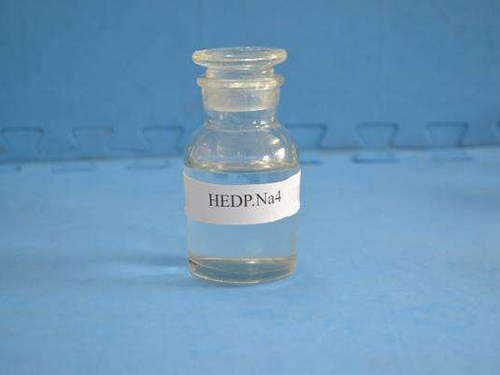Effective Solutions for Preventing Limescale Buildup in Household Appliances and Plumbing Systems
Limescale Inhibitor Understanding Its Importance and Functionality
Limescale, a hard, chalky deposit mainly composed of calcium carbonate, is a common issue in various water systems, particularly in regions with hard water. Its presence can lead to significant problems, including reduced efficiency and lifespan of appliances and plumbing systems, increased energy costs, and even damage to the environment. To mitigate these negative effects, many households and industries turn to limescale inhibitors. This article will explore the importance of limescale inhibitors, how they function, and their benefits for maintaining systems free from limescale buildup.
Understanding Limescale Formation
Limescale forms when hard water, which contains high levels of dissolved calcium and magnesium, is heated or when water evaporates, leading to precipitation of these minerals. This process is commonly observed in kettles, boilers, water heaters, and pipes, where limescale can accumulate and create blockages, impacting water flow efficiency. As limescale builds up, it can significantly lessen the heat transfer efficiency in appliances, leading to increased energy consumption and higher utility bills.
Role of Limescale Inhibitors
Limescale inhibitors are chemical substances designed to prevent or reduce the formation of limescale in water systems. They work by altering the precipitation process of calcium and magnesium ions, effectively preventing them from crystallizing and adhering to surfaces. There are various types of limescale inhibitors, including
1. Sequestrants These are chemical agents that bind with calcium and magnesium ions, keeping them in solution and preventing them from forming limescale. Common sequestrants include phosphates and citrates.
2. Polymeric inhibitors These agents work by interfering with the crystallization process. They can alter the crystal growth process, resulting in smaller and more manageable particles that do not stick to surfaces.
3. Magnetic and electronic devices These innovative solutions claim to alter the characteristics of hard water using magnetic fields or electrical currents, thereby preventing the adherence of limescale to surfaces without the need for chemical additives.
limescale inhibitor

Benefits of Using Limescale Inhibitors
1. Extended Lifespan of Appliances By preventing limescale build-up, limescale inhibitors can significantly extend the life of appliances such as dishwashers, washing machines, and water heaters. This not only saves consumers from the cost of frequent repairs or replacements but also contributes to less electronic waste.
2. Improved Efficiency Appliances and plumbing systems that are free from limescale operate more efficiently. For example, water heaters can achieve better heat transfer, leading to lower energy consumption and reduced utility bills.
3. Environmental Impact The reduction of limescale not only benefits individual households and businesses but also has a larger environmental impact. By enhancing energy efficiency, limescale inhibitors contribute to lower carbon emissions associated with energy production.
4. Cost Savings Although there may be an initial investment in limescale inhibitors, the long-term savings on maintenance, repairs, and energy costs can outweigh these expenses. This makes them an economical option for both residential and commercial water management.
5. Health and Safety In places where limescale is prevalent, the buildup can sometimes lead to issues with water quality and safety. By using limescale inhibitors, the integrity of plumbing systems is preserved, leading to safer water delivery and better health outcomes for consumers.
Conclusion
In conclusion, limescale inhibitors play a crucial role in the maintenance of water systems, especially in areas with hard water. By understanding the formation of limescale and the function of various inhibitors, individuals and businesses can make informed choices about the products they use. The benefits of limescale inhibitors—extending the lifespan of appliances, improving efficiency, reducing environmental impact, offering cost savings, and promoting health and safety—underscore their importance in modern water management solutions. As awareness grows around the implications of water hardness, the adoption of limescale inhibitors is likely to become increasingly prevalent, contributing to a more sustainable future.
-
Water Treatment with Flocculant Water TreatmentNewsJun.12,2025
-
Polymaleic AnhydrideNewsJun.12,2025
-
Polyaspartic AcidNewsJun.12,2025
-
Enhance Industrial Processes with IsothiazolinonesNewsJun.12,2025
-
Enhance Industrial Processes with PBTCA SolutionsNewsJun.12,2025
-
Dodecyldimethylbenzylammonium Chloride SolutionsNewsJun.12,2025





